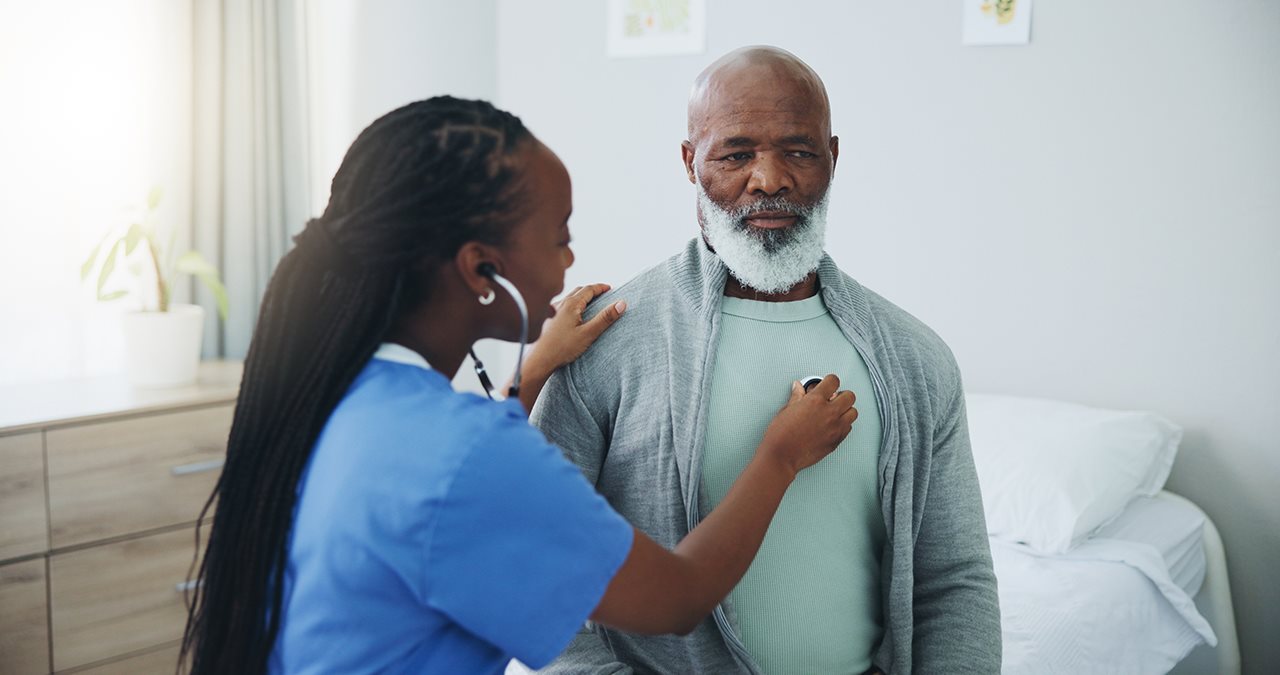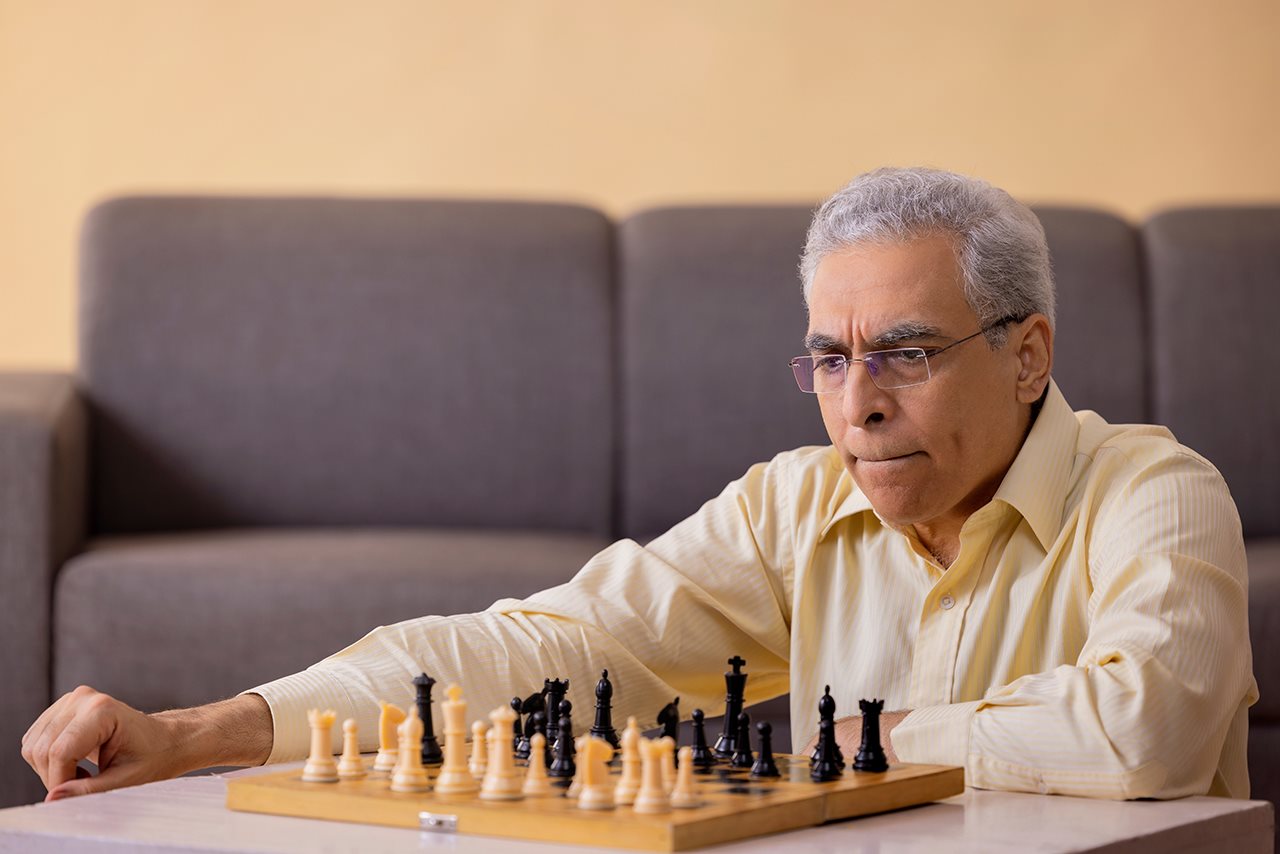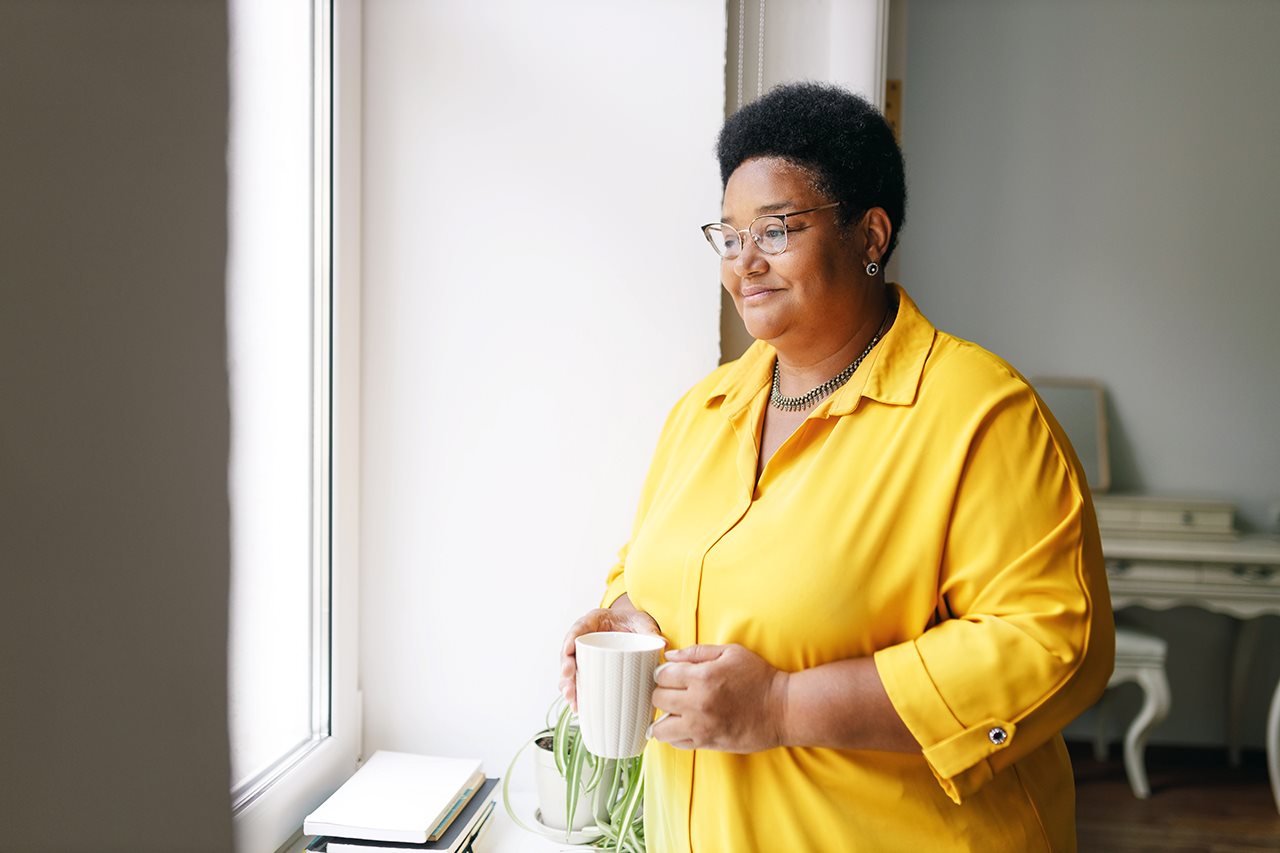Healthy body, healthy brain: Tips to optimize your brain health
Posted: May 08, 2025 | Word Count: 767

By 2030, more than 20% of the U.S. population — about 71 million Americans — will be over the age of 65. With age, many of us may notice changes in cognition — things like misplacing our keys or forgetting a neighbor's name. While we expect our bodies to change with age and aren't alarmed when they do, many people assume the worst when their memory or cognition changes. It's important to understand that our brains age just like our bodies.
Cognitive aging or brain aging is not a disease. It's part of an ongoing process that begins at birth and continues throughout the lifespan. In early childhood, our brains grow and develop at a rapid pace. As we grow older, changes in the brain due to aging can affect things like learning and memory. Processing speed, decision-making and memory are often some of the first cognitive abilities to decline due to aging.
Cognitive aging is normal, and it happens to all of us. You can't prevent your brain from aging, but you can take action to optimize your brain and cognitive health.
The McKnight Brain Research Foundation's Brain Works initiative aims to educate the public on cognitive aging as a critical step to reducing fear and encouraging behavior change to promote healthy brain aging. Learn more about the steps you can take to optimize your brain health below.
Tips to Optimize Your Brain Health:
Remember the old adage: Healthy heart, healthy mind

Evidence shows that risk factors for cardiovascular disease and stroke, like obesity, high blood pressure and diabetes, negatively impact your cognitive health. Take care of your heart and your brain by maintaining a healthy weight and managing your risk for high blood pressure, high cholesterol and diabetes.
Keep your mind active

Challenging and activating the mind with activities like learning a new language, instrument or skill, helps keep your mind sharp. Doing puzzles and playing games are also good ways to encourage strategic thinking.
Find your purpose

What motivates you and lights your world each day? Whatever it is, having and building a sense of meaning and purpose in life can bring countless psychological and physical health benefits! Having a sense of purpose has been linked to a lower risk of developing dementia or cognitive impairment. Having purpose is also linked to a longer and healthier lifespan and better well-being in older age.
Prioritize your mental health & manage stress

Mental health is an important component of overall brain health, so it's not surprising that depression is linked with an increased risk of cognitive decline and dementia. Managing stress and seeking medical attention for symptoms of depression, low mood, anxiety or other mental health concerns will help maintain your brain and cognitive health later in life.
Stay social

Social interaction isn't only fun; it's important for your brain health. Pursuing social activities you enjoy and find interesting will help you build and maintain social connections with friends and people in your local community. Volunteering at an animal shelter or food pantry, getting involved with activities at your church, or sharing the games and activities you enjoy with friends and family are all great ways to get and stay social.
Follow a healthy diet

Eating a healthy and balanced diet that's rich in fresh fruits and vegetables, whole grains, lean proteins and low-fat dairy products can reduce inflammation, the risk of disease and help support brain health. For peak cognitive health, also stay hydrated, limit alcohol consumption and reduce your intake of solid fats, sugar, sodium and highly processed foods.
Take a walk

A daily walk is a perfect way to get in the physical activity needed to maintain good brain health. Aim for 30 minutes a day and break it into shorter sessions if needed. Several studies have linked regular physical activity with a reduced risk of cognitive decline. Even simple exercises using your body weight or a few light weights can pay off!
For more resources on cognitive aging, including questions to ask your doctor, brain health tips, and the latest research findings, visit the McKnight Brain Research Foundation's Brain Works resource hub at: https://mcknightbrain.org/brainworks/.
About the Brain Works Campaign
The McKnight Brain Research Foundation launched the "Brain Works: Optimize Your Brain Span" campaign in March 2024 to educate the public on cognitive aging and offer tips to help maintain optimal brain health with age. The campaign features information on cognitive aging, including an online hub of tools and resources from the McKnight Brain Research Foundation and other reputable organizations with cognitive health expertise. Visit the resource hub and learn more at: McKnightBrain.org/BrainWorks.
Includes Multiple Photos







